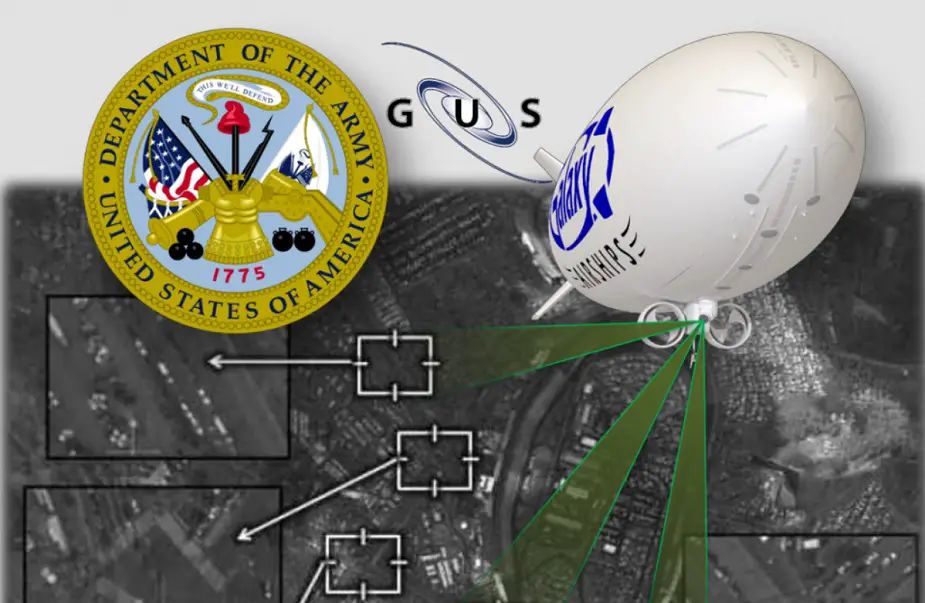Breaking news
Galaxy Unmanned Systems selected for US Army Airship SBIR.
Galaxy Unmanned Systems LLC’s proposal for an aerostat/airship hybrid has been competitively selected for a potential Phase I Small Business Innovation Research (SBIR) contract with the U.S. Army.
 Established in 1982, the SBIR program is Congressionally-mandated to increase the participation of small businesses in federal research and development (R&D). The goal is to tap into the innovativeness and creativity of the small business community to help meet government R&D objectives. (Picture source: Galaxy Unmanned Systems)
Established in 1982, the SBIR program is Congressionally-mandated to increase the participation of small businesses in federal research and development (R&D). The goal is to tap into the innovativeness and creativity of the small business community to help meet government R&D objectives. (Picture source: Galaxy Unmanned Systems)
If awarded in early 2020, the SBIR contract calls for enhancement and augmentation of current aerostat capabilities that provide low-cost, persistent intelligence, surveillance and reconnaissance during high-intensity conflicts. The effort will be to design a hybrid aerostat/airship variant with the option to remove the tether and operate autonomously.
Galaxy Unmanned Systems is a Fort Worth-based company founded by brothers Tony and Jason White. Galaxy offers innovative unmanned systems applications, including concept, design, manufacturing, certification, testing, payload configuration, sub-system integration, documentation, training and operations. The company has more than 40 years of industry experience with autonomous systems.
”We’re thrilled to have been selected for potential contract negotiation. If / when the Army decides to dedicate the funds that are available for this project, Galaxy appears to be the choice,” said Tony White. “The contract calls for Galaxy, working with its strategic partner, Waterlines AeroDesign LLC, to perform a feasibility study for leveraging our commercial unmanned airship designs for military use and demonstrate potential capabilities via use of commercial products as military prototypes.”
Established in 1982, the SBIR program is Congressionally-mandated to increase the participation of small businesses in federal research and development (R&D). The goal is to tap into the innovativeness and creativity of the small business community to help meet government R&D objectives. These small companies develop technologies, products and services that they can commercialize to the private sector or government.
Phase I will define factors for a Phase II sensor demonstration for the Army’s fires (artillery), cyber and force protection community.
If the 6-10-month Phase I feasibility study were to go well, a commercial prototype would be built and demonstrated for Department of Defense stakeholders during Phase II. Potential defense customers and partners might include Army program-of record, force protection systems, U.S. Marines, Navy command units, U.S. Air Force security force operations, Coast Guard, Customs and Border Patrol, Nuclear Energy Commission, Homeland Security (cruise missile defense) and foreign military sales



















